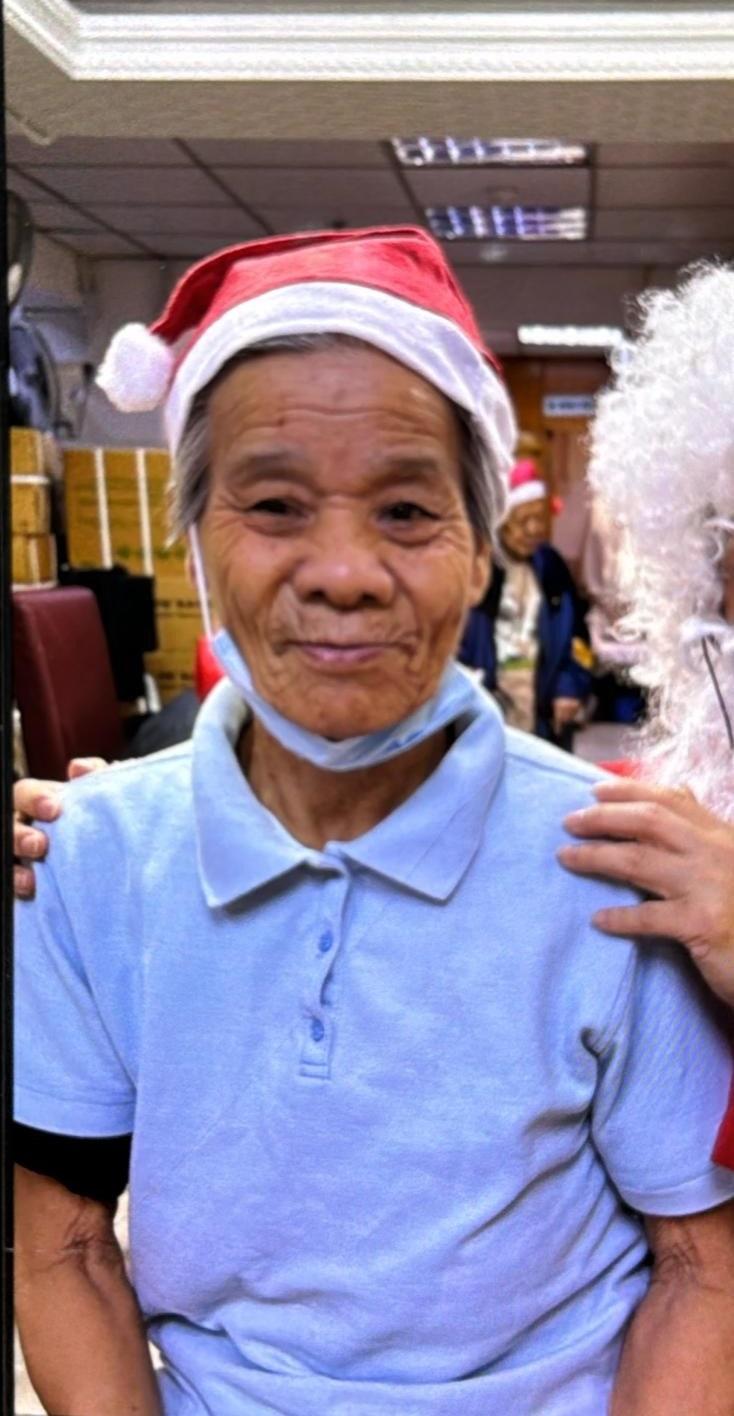Prepackaged red date and date samples detected with sulphur dioxide
​The Centre for Food Safety (CFS) of the Food and Environmental Hygiene Department today (December 7) announced that a sample of prepackaged red dates was detected with sulphur dioxide, a preservative, at a level exceeding the legal limit, and the functional class and name of the additive were also not declared on the food label. In addition, the CFS found that a sample of prepackaged dates contained sulphur dioxide, but the functional class and name of the additive were not declared on the food label. Members of the public should not consume the affected batches of the products. The trade should also stop using or selling the affected batches of the products immediately if they possess any of them.
Product details are as follows:
Product name: SSJ Sliced Red Date
Brand: SHAN SHAU JOK
Place of origin: China
Net weight: 500 grams
Best-before date: September 30, 2024
Distributor: Yue Sang Trading Limited
Hotline: 2392 6288
Product name: Dates
Brand: (Not available in English)
Place of origin: China
Net weight: 605 grams
Best-before date: October 31, 2024
Packer: Cross International Limited
Hotline: 2815 5872
"The CFS collected the above-mentioned red date and date samples from an online vendor and a retail outlet in Yuen Long respectively for testing under its routine Food Surveillance Programme. The test results showed that the red date sample contained sulphur dioxide at a level of 1 400 parts per million, exceeding the legal limit of 1 000 ppm under the Preservatives in Food Regulation (Cap. 132BD), and the functional class and name of the additive were also not declared on the food label. As for the other date sample, although the level of sulphur dioxide found to be contained in it is below the statutory maximum permitted level, the functional class and the name of the additive were not declared on the food label of the sample," a spokesman for the CFS said.
The CFS has informed the vendors and the distributor/packer concerned of the irregularities and instructed them to stop sales and remove from shelves the affected batches of the products. The distributor/packer concerned have initiated recalls according to the CFS's instructions. Members of the public may call the respective hotlines during office hours for enquiries about the recalls.
The spokesman reminded the food trade that the use of preservatives in food must comply with the Preservatives in Food Regulation (Cap. 132BD). Furthermore, the Food and Drugs (Composition and Labelling) Regulations (Cap. 132W) require that for all prepackaged food for sale in Hong Kong containing sulphite in a concentration of 10 ppm or more, the functional class of the sulphite and its name shall be specified in the list of ingredients. Offenders are liable to a maximum fine of $50,000 and six months' imprisonment upon conviction.
Sulphur dioxide is a preservative which can be used in a variety of foods including dried vegetables, dried fruits, pickled vegetables and salted fish products. Sulphur dioxide is water soluble, and most of it can be removed through washing and cooking. However, susceptible individuals who are allergic to this preservative may experience breathing difficulties, headaches and nausea after consumption.
The CFS will alert the trade, continue to follow up on the incidents and take appropriate action. Investigations are ongoing.

